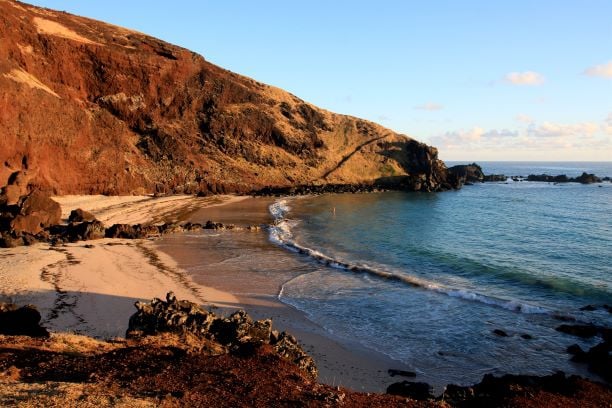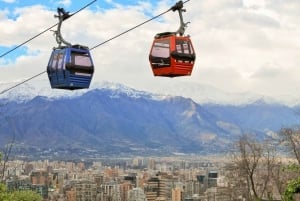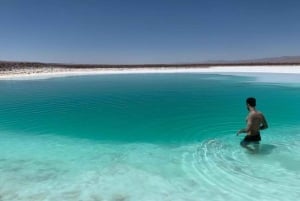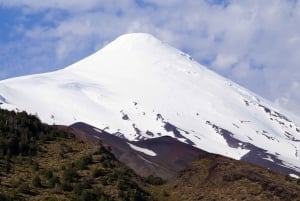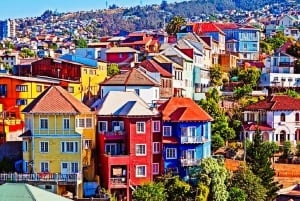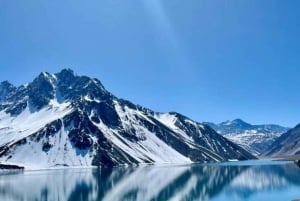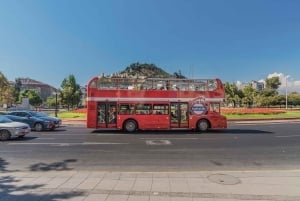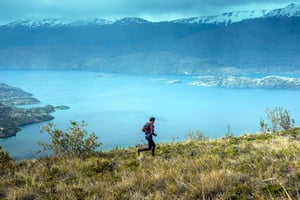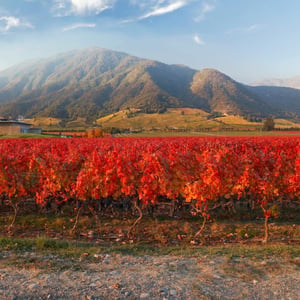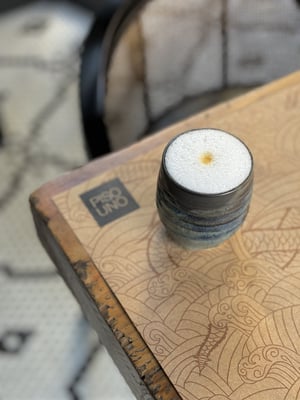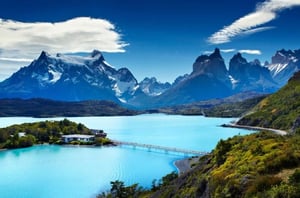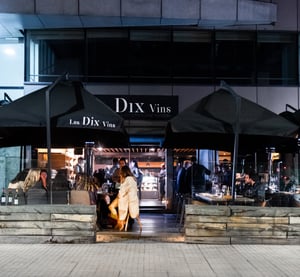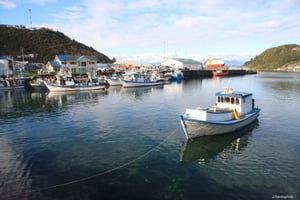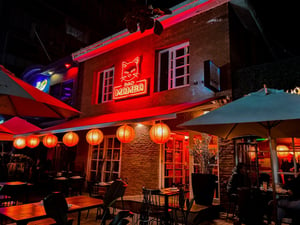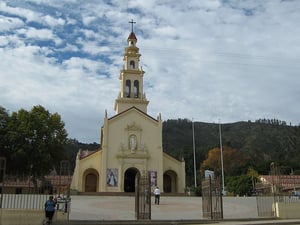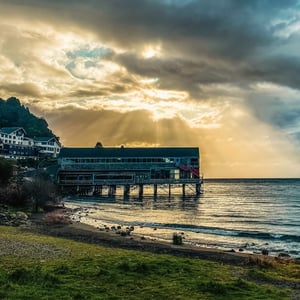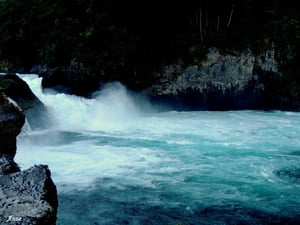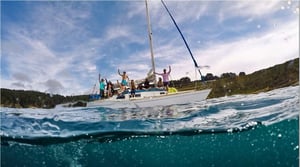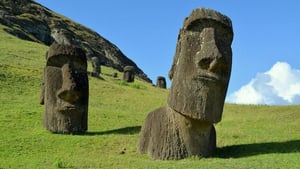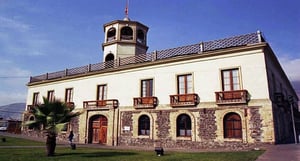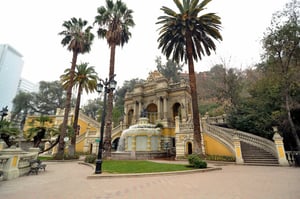Know the Law of Regulation and Residence in Rapa Nui
Tourism in Chile has grown exponentially in the last decade, doubling the numbers of foreigners who visit the country and increasing the trips linked to the leisure of our own countrymen in the national territory.
Book Top Experiences and Tours in Chile:
If youʻre booking your trip to Chile last minute, we have you covered. Below are some of the top tours and experiences!- Santiago: 1-Day Hop-On Hop-Off Bus and Cable Car Ticket
- Ushuaia: Penguin Watching Tour by Catamaran
- San Pedro Atacama: Baltinache Lagoons
- Santiago: Cajon del Maipo/Embalse del Yeso Tour with Picnic
- Marqués de Casa Concha: Wine Tasting at Concha y Toro
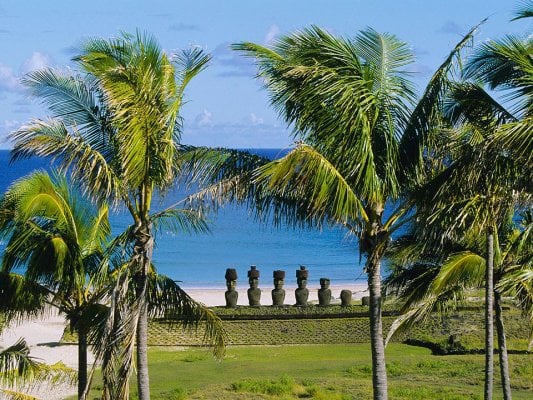
Thus, the new Law of Regulation and Residency in Rapa Nui establishes that the term of stay is of a maximum of 30 days, a norm that will not apply for those who enter by the exercise of some economic activity, family relations, or labor ties. Logically, there are exceptions in cases where force majeure can be extended permanence for as long as necessary. The request for extension will be qualified and resolved by the provincial presidential delegation of the island, which if approved must be extended to children and adolescents who had entered under the care of the responsible adult and care and vice-versa, ie, grant the extension to the parents or legal representative of the minor who needs it.
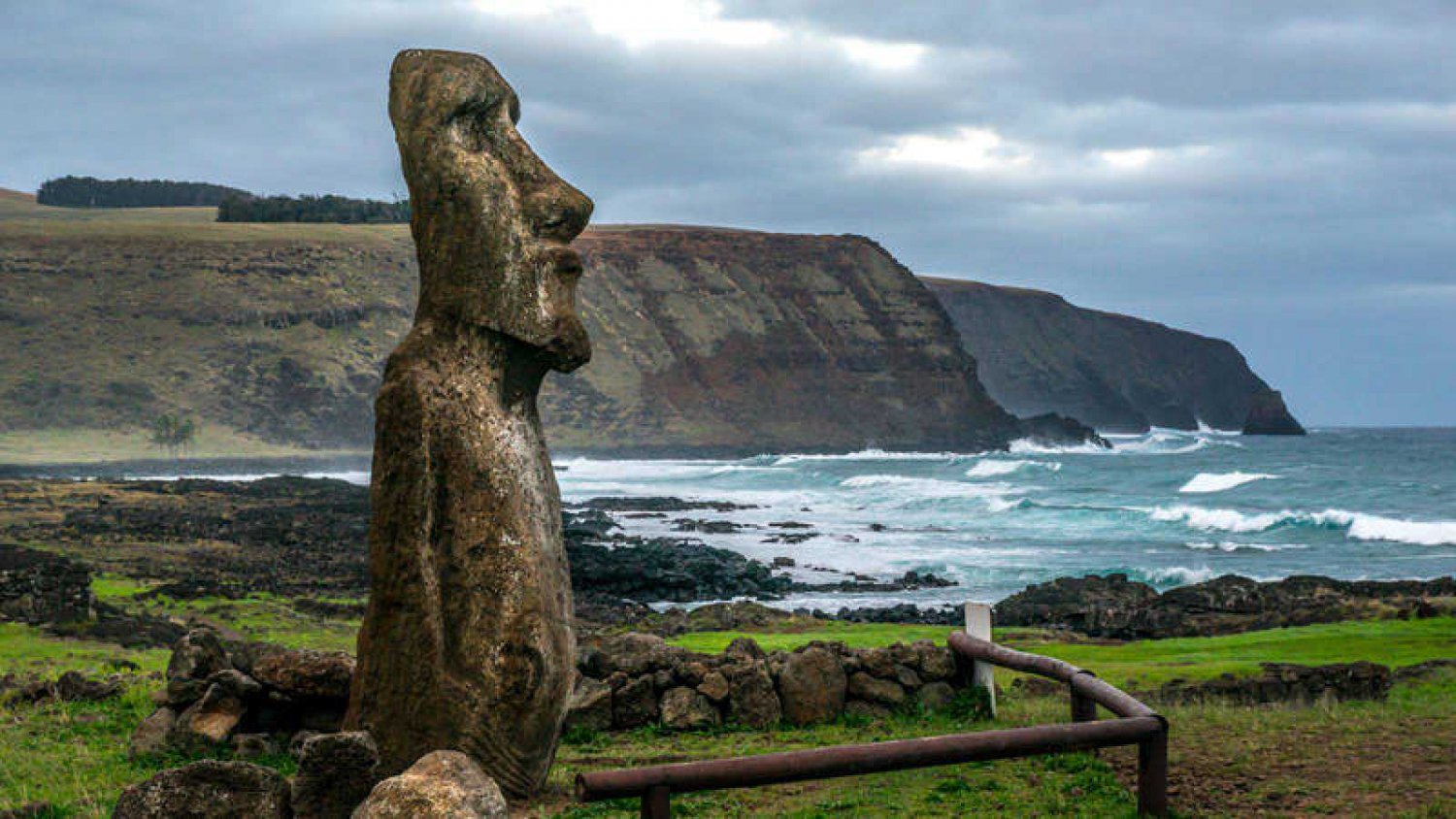
ID - Another regulation that establishes the new Law of Regulation and Residence in Rapa Nui, is that all the people who want to enter the island must have an identity card, passport, or accepted travel document, that individualizes them. To this, there is the requirement to show the round trip tickets and the hotel reservation, accommodation, or the invitation of a resident of the Island, if the tourist assures that he will stay in a private home of the destination.
In turn, air or maritime transport companies must deliver the list of passengers and crew to the Investigative Police of Chile and the provincial presidential delegation. An important point in the case of the accreditation of the hotel or accommodation reservation is that it must be registered and valid in the National Tourism Service (SERNATUR), a mandatory payroll for the Chilean tourist industry that provides lodging services, thus promoting services that meet the quality and safety regulations established by Chile.
PENALTIES AND FINES - For breach of the new Law of Regulation and Residence in Rapa Nui is also set serious and less serious penalties, ranging from a simple reprimand, to expulsion and prohibition of entry, if the decrees are violated in periods of latency or saturation. Also, in case of need, the Ministry of Transport and Telecommunications of Chile may enact measures restricting the circulation of motor vehicles in certain critical periods. It is necessary to understand that Rapa Nui is critically vulnerable to the effects of climate change, and the effects caused by man in the ecosystem.
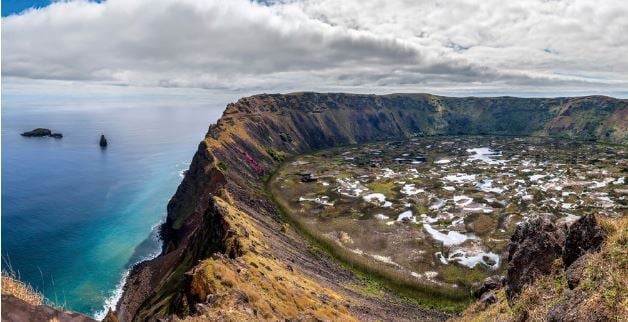
This is why public opinion has had a favorable opinion on these measures since it is understandable that to conserve the Island in good condition, the access of the floating population of the Island must be regulated. The law is clear and the information is available to all who intend to visit the wonders of Rapa Nui, its Moais, its beaches, its people, and its ancestral culture.
Now that you know the details of the new Law of Regulation and Residence in Rapa Nui, when will you go to meet it?


